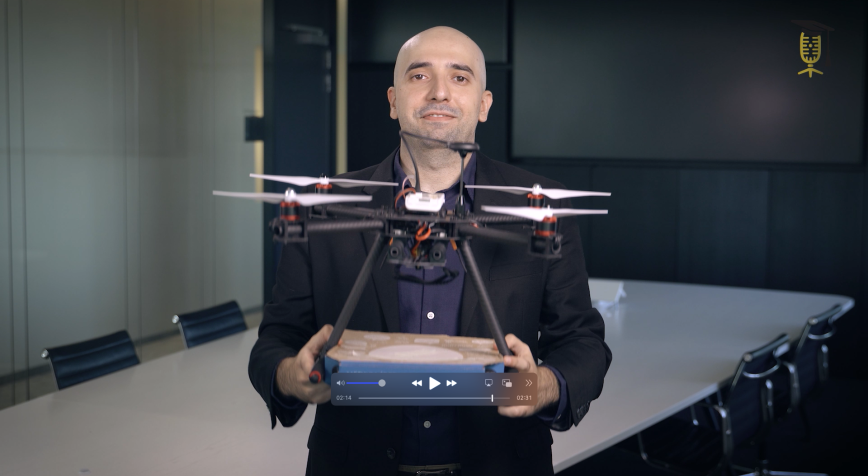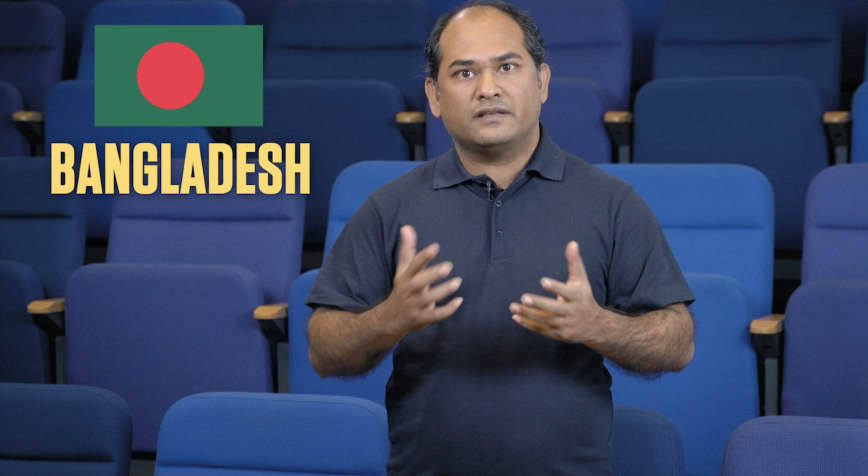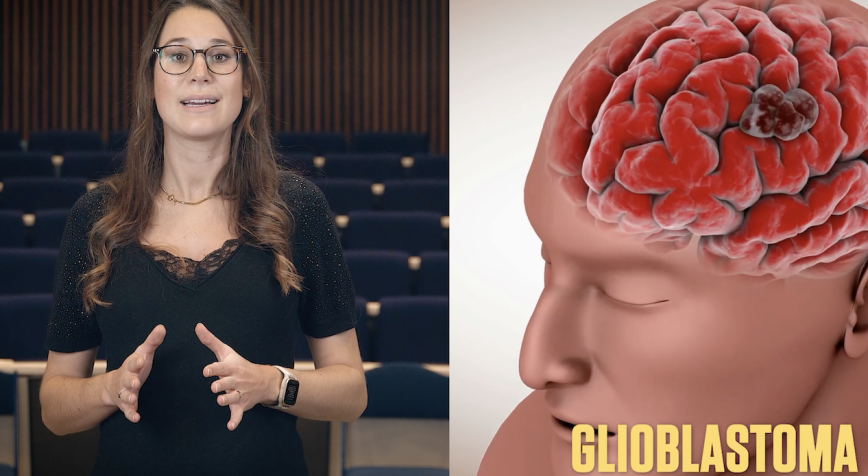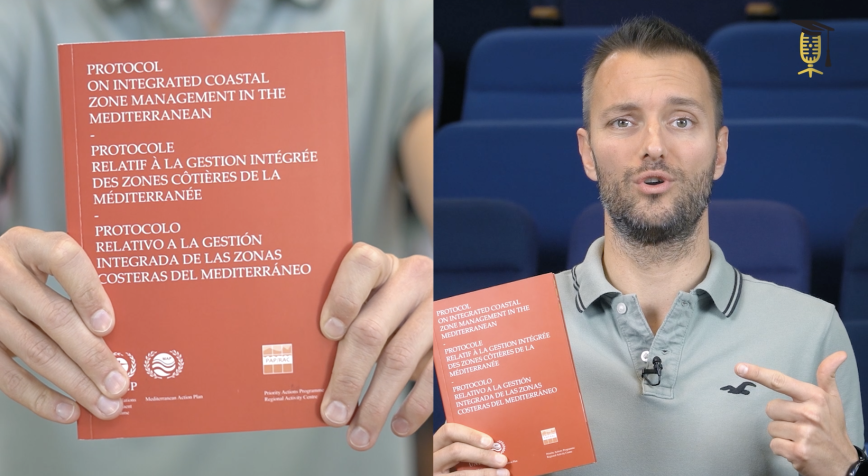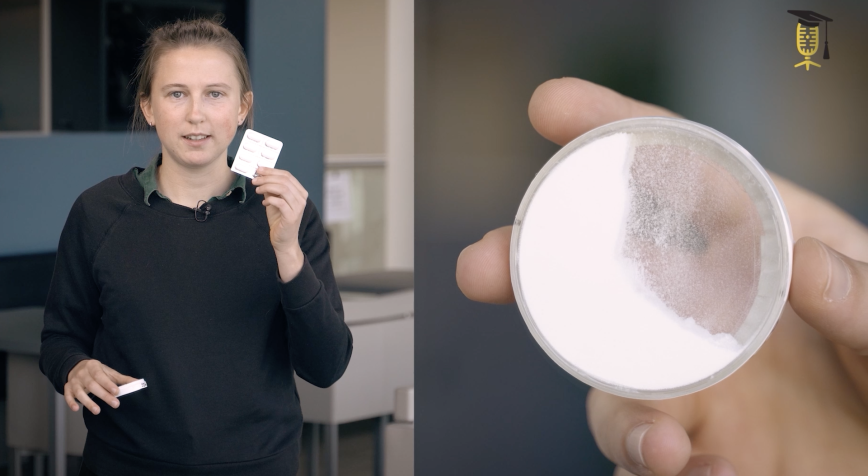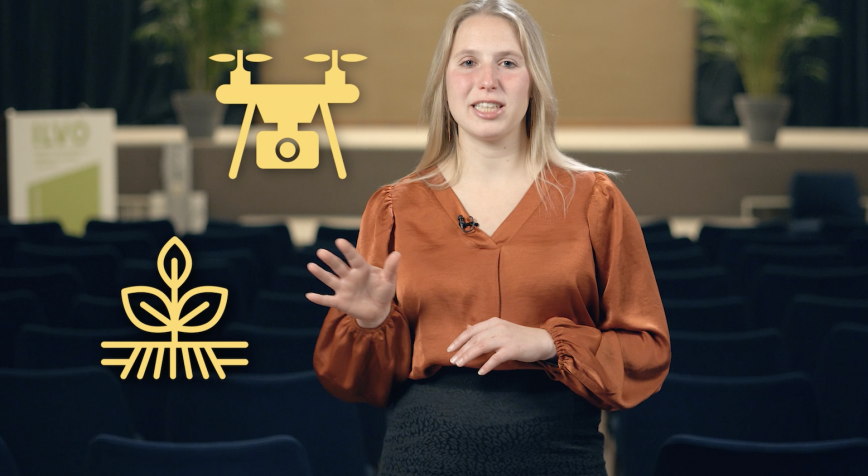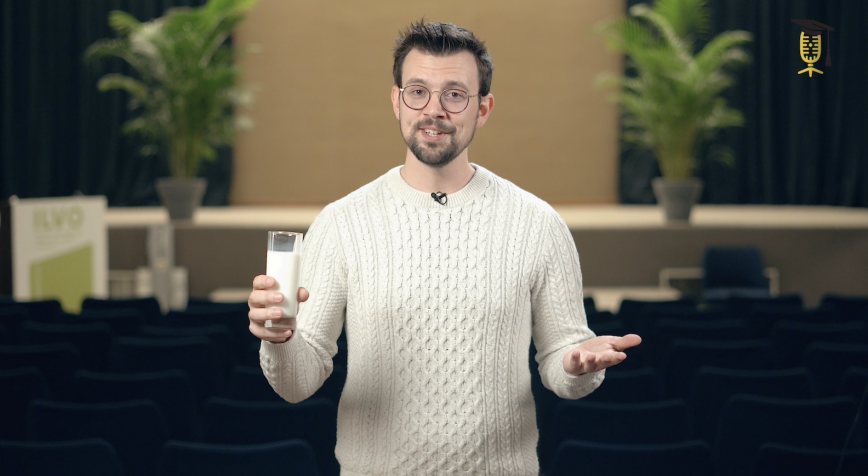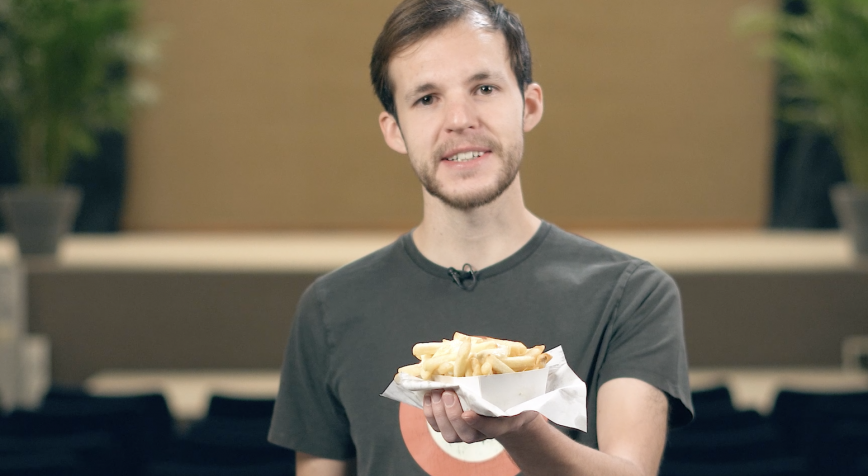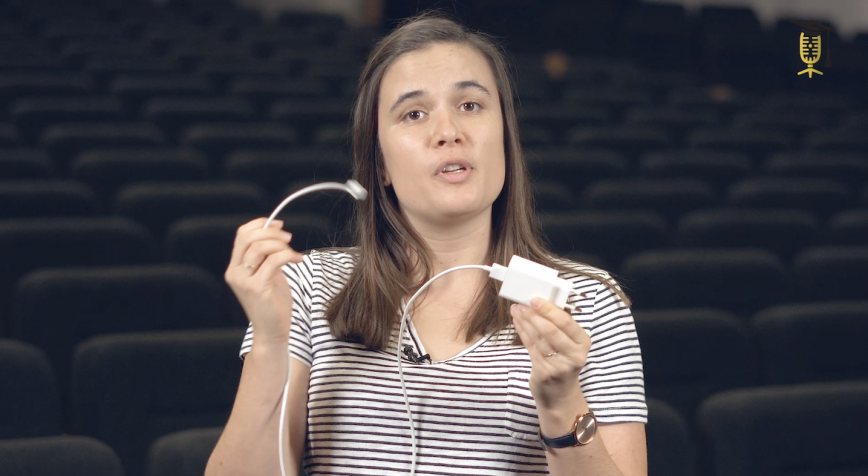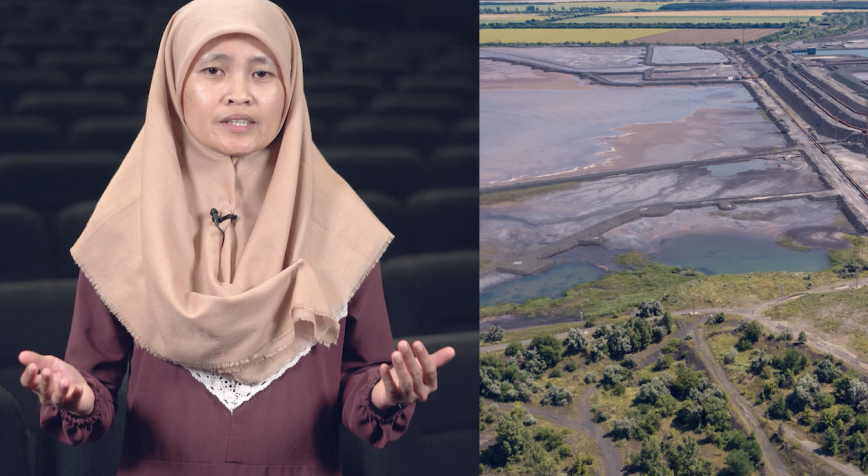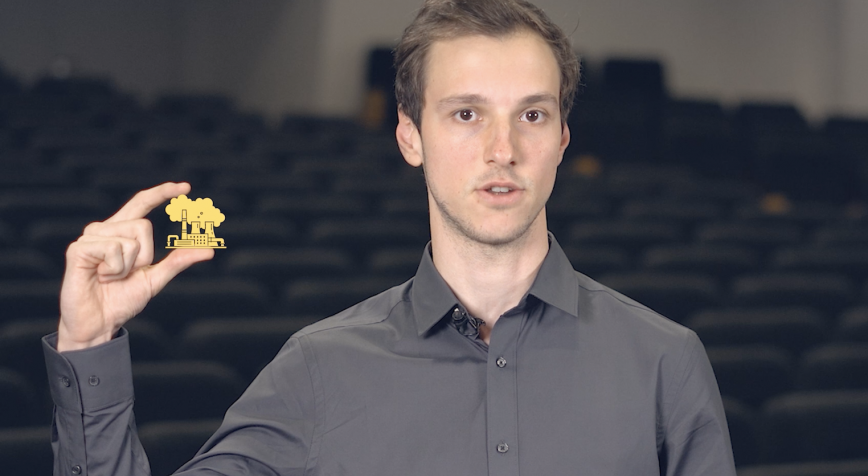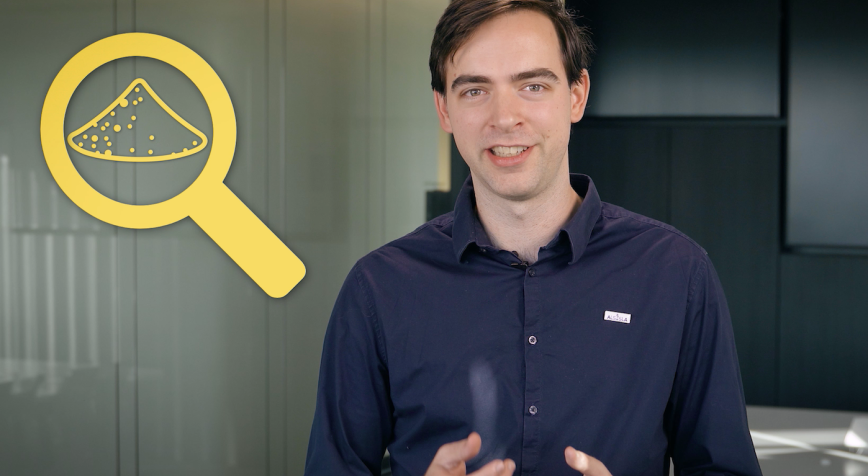
KU Leuven
VIB
Can proper recycling cure ALS?
Roughly every 5 minutes someone on this planet dies of ALS, and the sad truth is that we still do not have an effective treatment to cure this disease. The problem lies in the fact that we do not fully understand what causes ALS in the first place. In his doctorate, Jimmy Beckers is trying to solve a piece of the puzzle. He is investigating whether a malfunction in our internal cellular recycling system might be linked to ALS.
